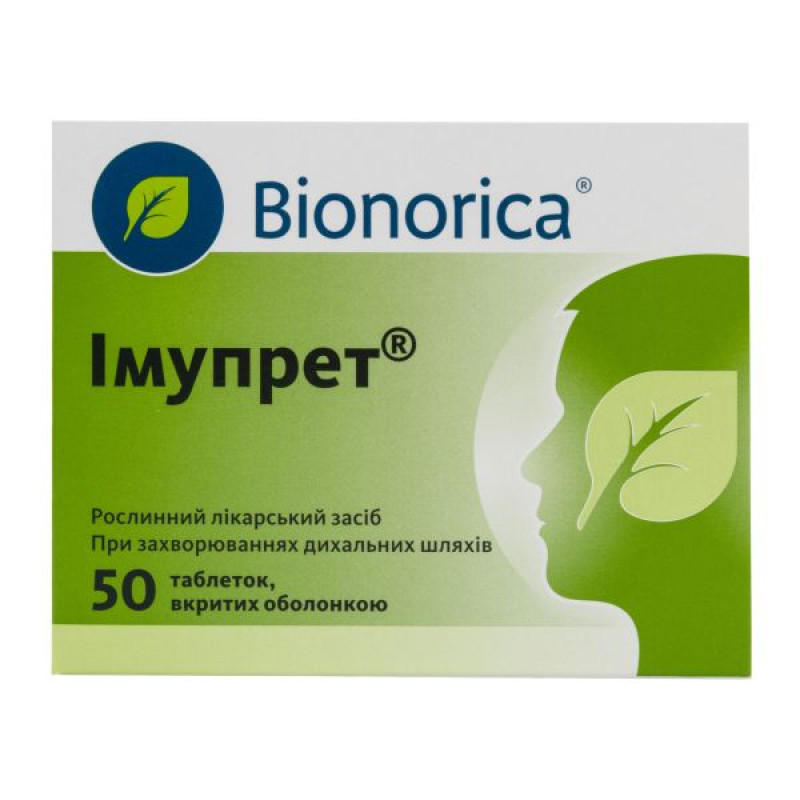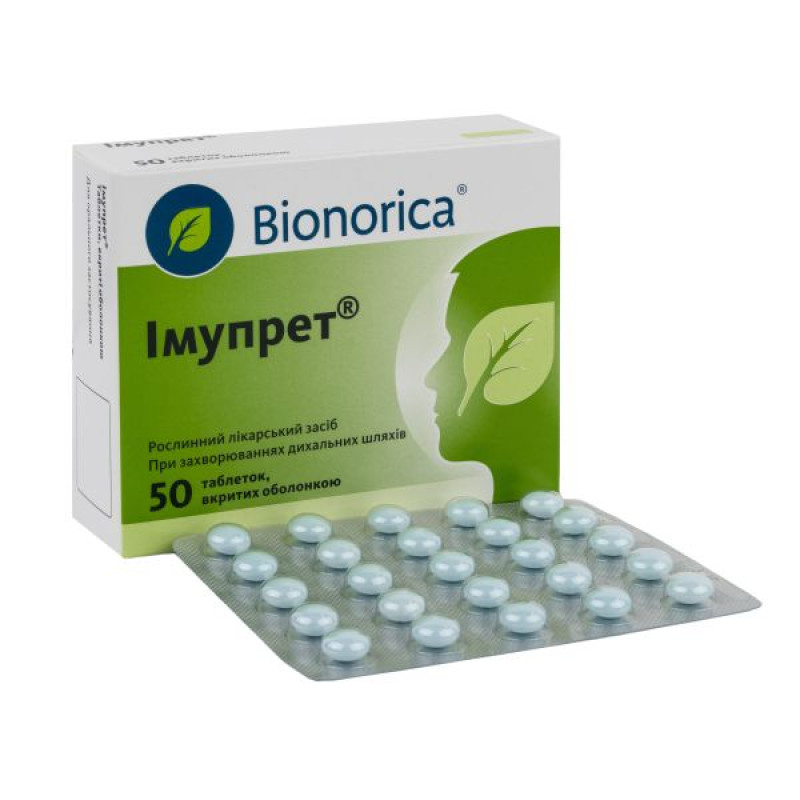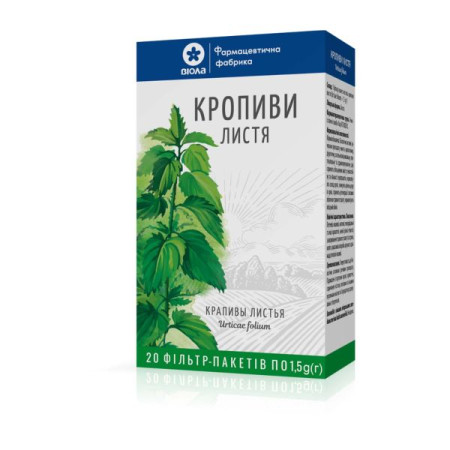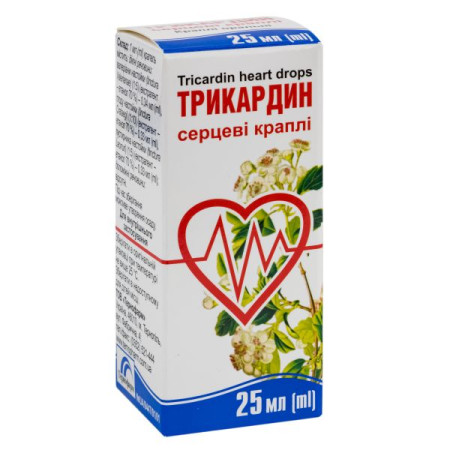Imupret film-coated tablets No. 50
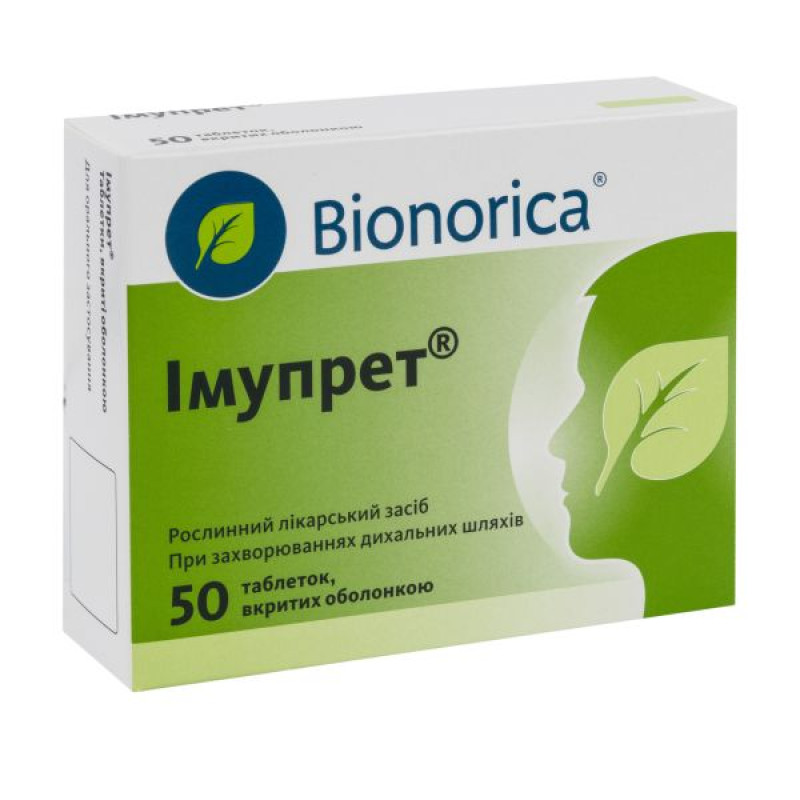
Instructions Imupret film-coated tablets No. 50
Composition
active ingredients: 1 tablet contains dried medicinal plants in powder form:
| Marshmallow root (Radix Althaeae) | 8 mg, |
| chamomile flowers (Flores Chamomillae) | 6 mg, |
| horsetail herb (Herba Equiseti) | 10 mg, |
| walnut leaves (Folia Juglandis) | 12 mg, |
| Yarrow herb (Herba Millefolii) | 4 mg, |
| oak bark (Cortex Quercus) | 4 mg, |
| dandelion herb (Herba Taraxaci) | 4 mg; |
excipients: lactose monohydrate, corn starch, potato starch, stearic acid, glucose monohydrate, colloidal anhydrous silicon dioxide, calcium carbonate, dextrin, glucose solution, indigotine (E 132), glycolic montan wax, povidone K 25, povidone K 30, castor oil, sucrose, shellac, talc, titanium dioxide (E 171).
Dosage form
Film-coated tablets.
Main physicochemical properties: round biconvex tablets, coated with a light blue shell with a smooth surface.
Pharmacotherapeutic group
Combined preparations used for coughs and colds. ATX code R05X.
Pharmacological properties
Pharmacodynamics
The components that make up the herbal medicine have complex activity.
Chamomile and marshmallow polysaccharides stimulate the nonspecific immune system response by increasing phagocytosis of macrophages and granulocytes. These active components also increase intracellular destruction of bacteria during phagocytosis due to increased release of active oxygen metabolites, which have bactericidal properties. Polysaccharides, essential oils and flavonoids (chamomile, marshmallow and yarrow) reduce swelling of the mucous membrane in respiratory tract infections. In vitro studies have shown that oak bark, which contains a lot of tannins, also exhibits antiviral effects against the influenza virus.
Horsetail, which is part of the preparation, enhances these effects due to its well-known healing and preventive properties.
Pharmacokinetics
Data is missing.
Indication
For the treatment of diseases of the upper respiratory tract (tonsillitis, pharyngitis, laryngitis). Prevention of complications and relapses in respiratory viral infections due to a decrease in the body's defenses.
Contraindication
Increased individual sensitivity to any of the active or auxiliary substances of the drug, as well as in case of allergy to plants of the Asteraceae family.
Interaction with other medicinal products and other types of interactions
No interactions with other drugs were observed.
Preparations containing oak bark may weaken or block the absorption of alkaloids and other alkaline drugs when used simultaneously.
Application features
The drug should not be administered to patients with rare hereditary problems of galactose intolerance, the Lapp lactase deficiency, fructose intolerance, glucose-galactose malabsorption or sucrase-isomaltase deficiency.
If the symptoms of the disease do not disappear or shortness of breath, fever, purulent or bloody sputum appear, you should consult a doctor.
Note for diabetics: 1 film-coated tablet contains an average of 0.02 bread units.
Use during pregnancy or breastfeeding
Due to the lack of data on reproductive toxicity, use during pregnancy is not recommended.
There is also no data on the excretion of Imupret® tablets or its metabolites into breast milk and a risk to the infant cannot be excluded. Therefore, the drug should not be used during breastfeeding.
Ability to influence reaction speed when driving vehicles or other mechanisms
There is no information about the direct effect of the drug on the ability to drive or operate other mechanisms.
Method of administration and doses
Unless otherwise prescribed, the drug should be used in the following doses:
| Age | Dosage for acute manifestations | Dosage after resolution of acute symptoms and for prophylactic therapy |
| Children aged 6 to 11 years | 1 tablet 5-6 times a day | 1 tablet 3 times a day |
Adults and children aged 12 and over | 2 tablets 5-6 times a day | 2 tablets 3 times a day |
The tablets should be swallowed without chewing and with sufficient liquid.
There is insufficient data to recommend a specific dosage for renal and/or hepatic dysfunction.
You should not take the drug for more than 2 weeks in a row without consulting a doctor.
Attention should be paid to the information in the sections "Special instructions for use" and "Adverse reactions".
Children
Do not use in children under 6 years of age.
Overdose
Cases of drug poisoning due to overdose are unknown.
Treatment: symptomatic therapy.
Adverse reactions
Gastrointestinal disturbances (e.g. abdominal pain, nausea, vomiting) may occur rarely. Allergic reactions (e.g. rash, itching, shortness of breath) may also occur.
When using preparations containing chamomile flowers, allergic reactions may occur in patients who are hypersensitive to other plants of the Asteraceae family (e.g. yarrow, wormwood, chrysanthemum, daisy) due to so-called cross-reactions.
If any adverse reactions occur, you should stop using the drug and be sure to consult a doctor.
Expiration date
4 years.
Do not use the drug after the expiration date indicated on the package.
The expiration date determines the use of the drug until the last day of the month.
Storage conditions
Store in the original packaging at a temperature not exceeding 30 oC, out of the reach of children.
Packaging
25 tablets in a blister; 2 blisters No. 50 (25x2) in a cardboard box.
Vacation category
Without a prescription.
Manufacturer/Applicant
Bionorica SE.
Location of the manufacturer and its business address/location of the applicant and/or the applicant's representative
Kerchensteinerstrasse, 11-15, 92318 Neumarkt, Germany.
Contact details of the manufacturer's representative in Ukraine, LLC "Bionorika":
phone: 044 521 86 00; fax: 044 521 86 01, info@bionorica.ua
There are no reviews for this product.
There are no reviews for this product, be the first to leave your review.
No questions about this product, be the first and ask your question.







